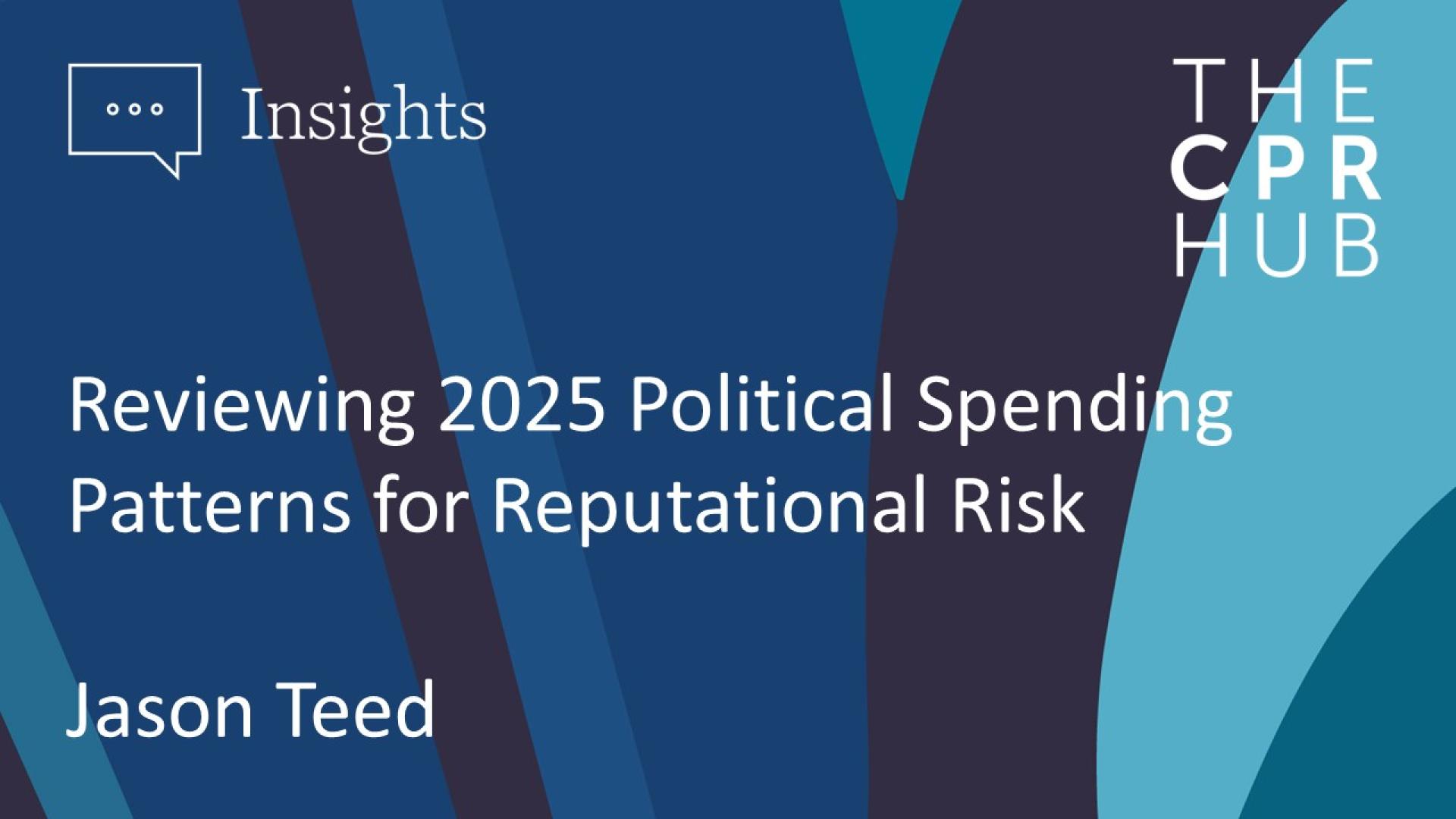I consider myself part of a movement of people who switched careers to work on climate. Watching heat waves, floods, and wildfires become increasingly frequent and more intense made me feel helpless.
So five years ago I took a leap, quit my job, and joined the team at ClimateVoice. I was particularly inspired by the organization’s theory of change. Our founder, Bill Weihl, recognized that public policy is the transformative lever to address the climate crisis at scale. As a sustainability leader at Google and Facebook, he saw firsthand how even pro-climate companies were reluctant to use their influence to advocate for policy. His insight was that employees could change that dynamic by exerting pressure from the inside. That’s why ClimateVoice runs campaigns to educate and activate employees to call for climate policy advocacy from their employers. Our mission is to mobilize the voice of the workforce to urge companies to go “all in” on climate.
This is important because the amount of societal change required to decarbonize the global economy by 2050 is beyond daunting. To reach net zero we need courageous leaders, in every sector, to take action. Which is why I was surprised to read Amit Ron and Abraham Singer's argument in Acting Responsibly in a Democratic Society that corporations should avoid advocating for systemic climate solutions and view the “power they wield as potentially dangerous in itself.” The authors grant that setting internal climate targets is a legitimate business objective, but ignore the fact that companies can’t meet their own sustainability goals without public policy.
The status quo of our current carbon economy has been and continues to be disproportionately shaped by fossil fuel company lobbying. Oil and gas companies do not exercise restraint and spent 450 million dollars “to influence Donald Trump and Republicans throughout the 2024 election cycle and 118th Congress.” As this administration eliminates clean energy tax credits, repeals pollution regulations, accelerates fossil fuel production, and undermines the environmental mission of the EPA, it is clear that the industry’s investment paid off. For business leaders who understand that global warming is a material risk to their companies, they must counter this imbalance of influence. Ewan Kingston makes a strong case for this argument in The Special Case for Pro-Decarbonization Corporate Lobbying. And even Ron and Singer acknowledge that silence is not a neutral political position. In a climate emergency it is complicity.
In addition, there is the reality that companies are inherently engaged in lobbying through their trade association memberships. ClimateVoice recently published a climate policy obstruction scorecard – Guilt by Trade Association – to illustrate how even companies with “green” reputations financially support trade groups that block climate progress. All 20 of our scorecard companies are considered sustainability leaders, yet their membership dues enabled the Business Roundtable (BRT) and the U.S. Chamber of Commerce to lobby against clean energy investments, climate disclosure laws, and strong pollution standards. According to InfluenceMap, which tracks the climate lobbying of companies and trade associations, the U.S. Chamber and BRT received failing grades when it comes to climate policy engagement.
Most recently, the U.S. Chamber joined the American Petroleum Institute to file multiple lawsuits to block new laws in New York and Vermont requiring oil and gas companies to pay for climate change damages. This spring, the Business Roundtable called on policymakers to ban climate-related shareholder resolutions.
Instead of asking corporations to lobby less, we want companies to be more transparent and follow the global standard for Responsible Climate Lobbying. This framework includes “taking steps to ensure that the associations, alliances, and coalitions of which it is a member conduct their climate change lobbying in line with the goal of restricting global temperature rise to 1.5⁰C above pre-industrial levels.” Resources like Mobilising Trade Associations as a Force for Good outline practical ways for companies to engage their trade groups.
Climate change is the ultimate societal challenge because the impacts are so wrenching, so permanent, and so unequally distributed. While not everyone will join me in changing careers, employees, investors, and consumers can all demand that corporations live up to the promise of stakeholder capitalism. To serve all stakeholders, not just shareholders, companies have an obligation to use their influence to protect the planet.





Comments
Comment on this Insight